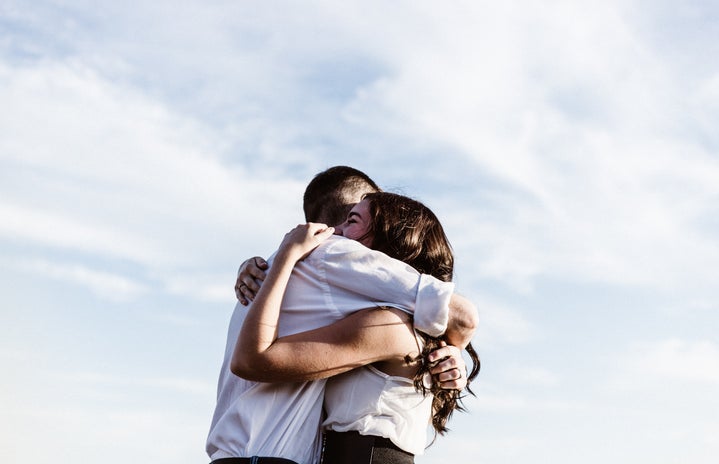Have you ever wondered why you react in a certain way in relationships? Why you feel sad whenever your partner goes out with their friends or why you seem to blame yourself for their lack of responsiveness? Have you ever wondered why you struggle to connect with your partner or why you don’t happen to get jealous? The struggle is very much real. Believe it or not, finding out your Attachment Type can actually resolve a lot of these issues… Here’s why:
Becoming aware of your own Attachment type opens up a whole new world; one that provides an explanation for our subconscious behaviors. Suddenly, we can begin to piece together the thought processes behind the times we may have acted out in relationships and acknowledge that it wasn’t due to PMS but due to a deeper psychological reason. For me personally, finding out my attachment type really helped me understand why I reacted in a certain way and that led me to determine my own personal needs and what I wouldn’t stand for in a relationship.
So how did ‘Attachment Types’ come about?
In the late 1970’s, American-Canadian psychologist Mary Ainsworth conducted an experiment on young children in attempts to observe the ways in which infants form emotional attachments. The experiment, known as “The Strange Situation”, was deemed a huge success as she was able to determine three different Attachment Types: Secure, Insecure Avoidant and Insecure Resistant (also known as the ‘Anxious’ attachment). It wasn’t until later research that psychologists concluded that these Attachment Types are not only visible in early childhood but are also present in our adulthood and romantic relationships. Ultimately, the way our parents raised us takes a toll on the way that we view ourselves and what we may look for in a relationship. Yikes.
What do these terms mean and how do they affect the way that you might act?
People with a Secure Attachment type tend to have good self-esteem, are able to form long lasting relationships and have little difficulty trusting others or expressing their feelings. Secure attachments tend to result from a history of positive interactions with people’s primary attachments, leading them to possess positive views of themselves and form relationships where they are comfortable with both intimacy and independence.
On the other hand, people with an Insecure Avoidant Attachment type tend to deny needing close relationships and may have problems with intimacy. They may invest little to no emotion in social or romantic relationships and may be reluctant to express their feelings with others as they desire a high level of independence.
Lastly, people with an Insecure Resistant or ‘Anxious’ Attachment type can be seen to crave intimacy, but are hesitant when becoming close to others due to the fear of being rejected or due to the preoccupation that their partner may not reciprocate their feelings to the same extent. They mostly seek high levels of intimacy and approval from their attachment figure and this can lead them to become overly dependent on them. Those with an ‘Anxious’ attachment possess a negative view of themselves but a positive view of others, hence why they tend to doubt their worth and blame themselves but also rely on intimacy.
–> [ https://www.youtube.com/watch?v=8cw0i01_ABE&list=PL0EkRjSLGY_S1DkMWh3MC2… ]If you identified with any of these descriptions, it means that you may have just discovered your attachment type. Congratulations! However, if you happened to display characteristics from all three, this too is okay and fairly common! Attachment types are like a spectrum and regardless of where you fall, the advice is still the same:
Finding out your attachment type allows you to know your self-worth; you begin to start focusing on what is good for you and not settling for anything less. This self-awareness can only make you happier in relationships.
For example, if you happen to have an Anxious attachment type, finding a partner who is Insecure Avoidant might not fulfill your needs in a way that you need them to be met. Their drive for independence and lack of closeness would only contrast your desire for intimacy, ultimately resulting in low self-esteem. This isn’t saying it’s bad to be Insecure Resistant, just that they might not be compatible for the needs of someone with an Anxious attachment type!
If you’re interested in determining yours and your partner’s attachment types or looking for tips on how to take control of your romantic life, I highly recommend delving into Dr Amir Levine and Rachel S.F. Heller’s self-help book “Attached” where they discuss in depth how you can find and keep love through the enlightenment of knowing your Attachment style.


